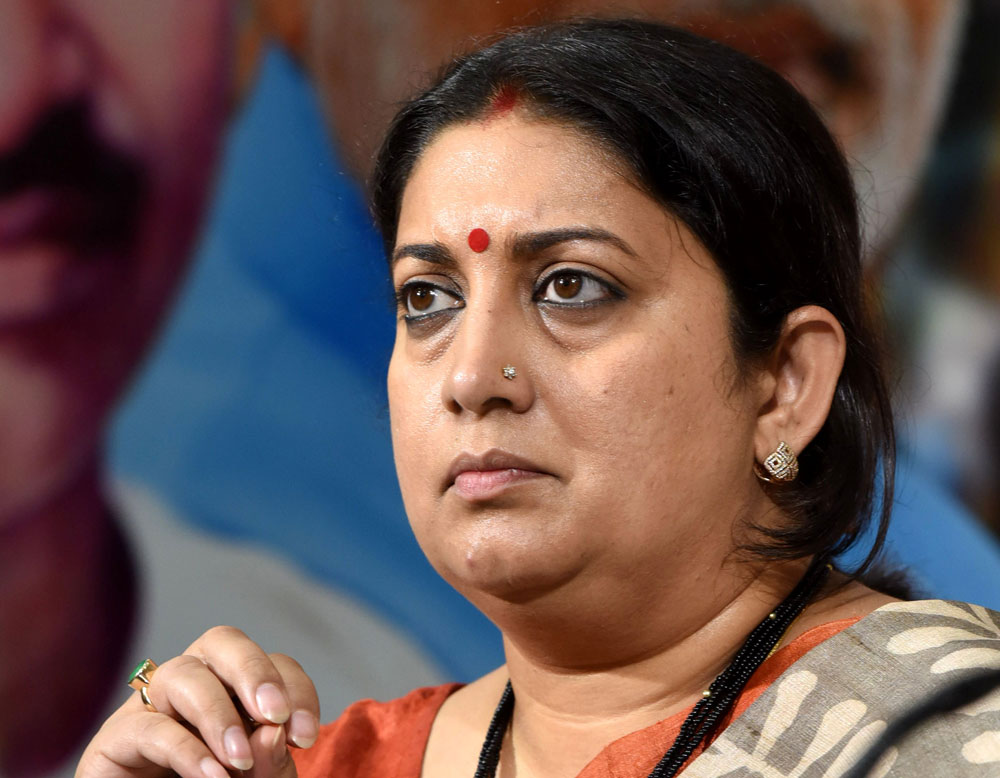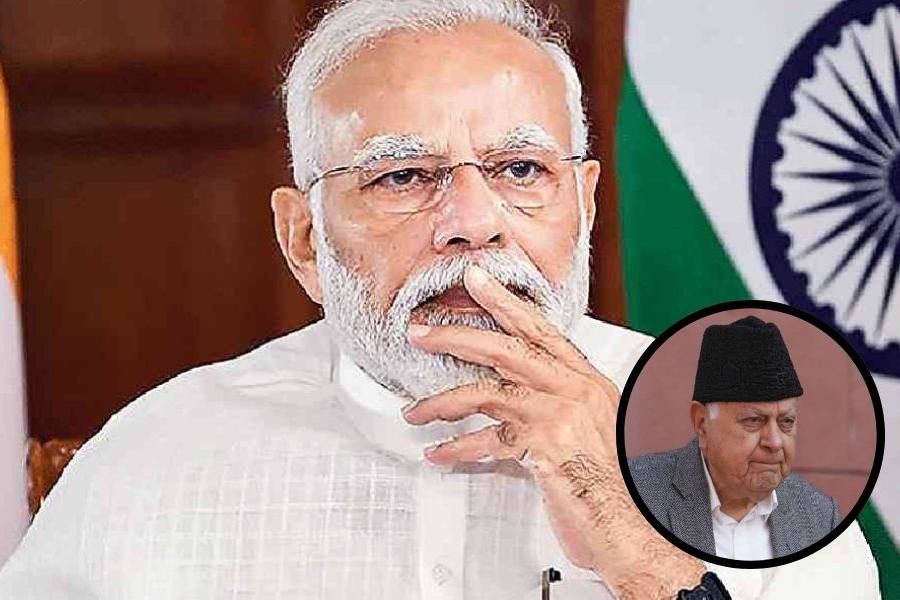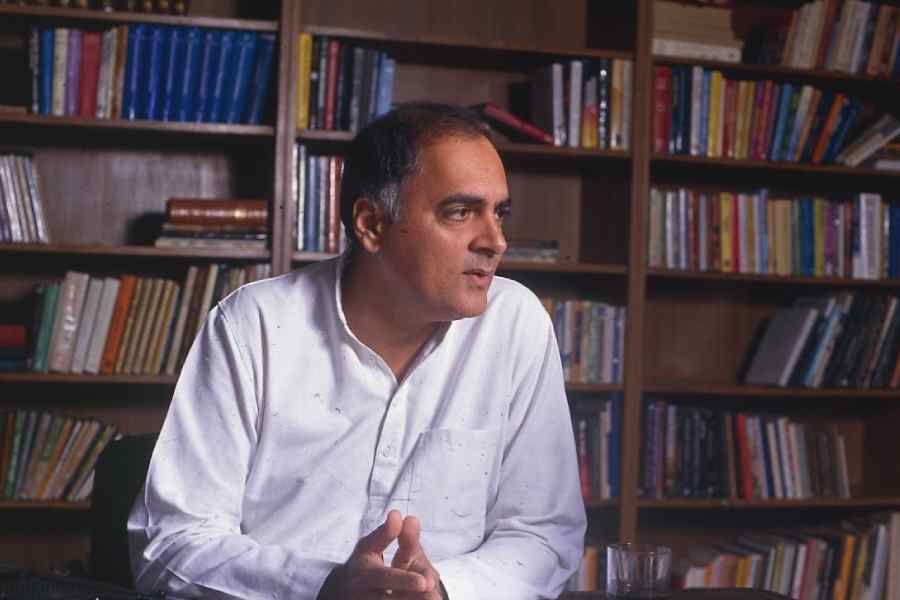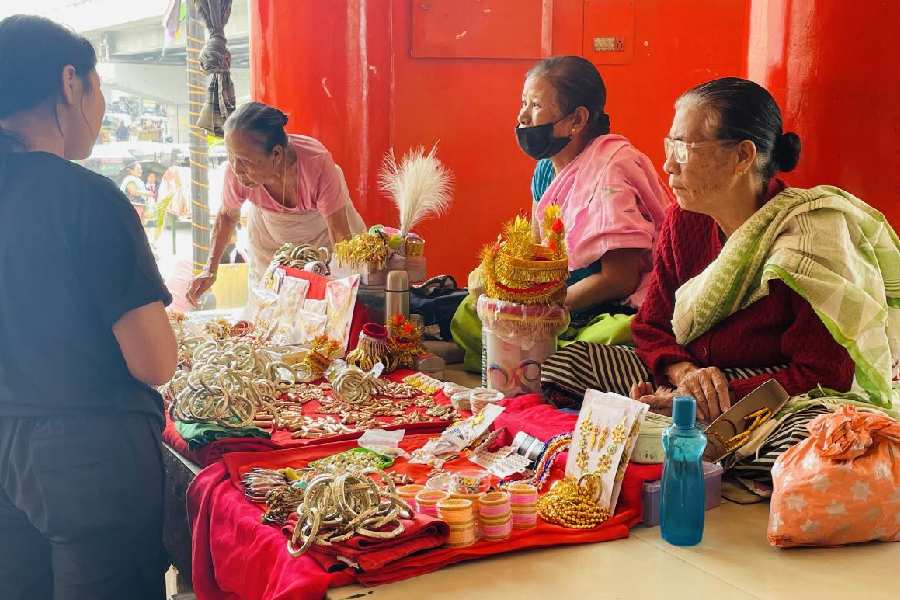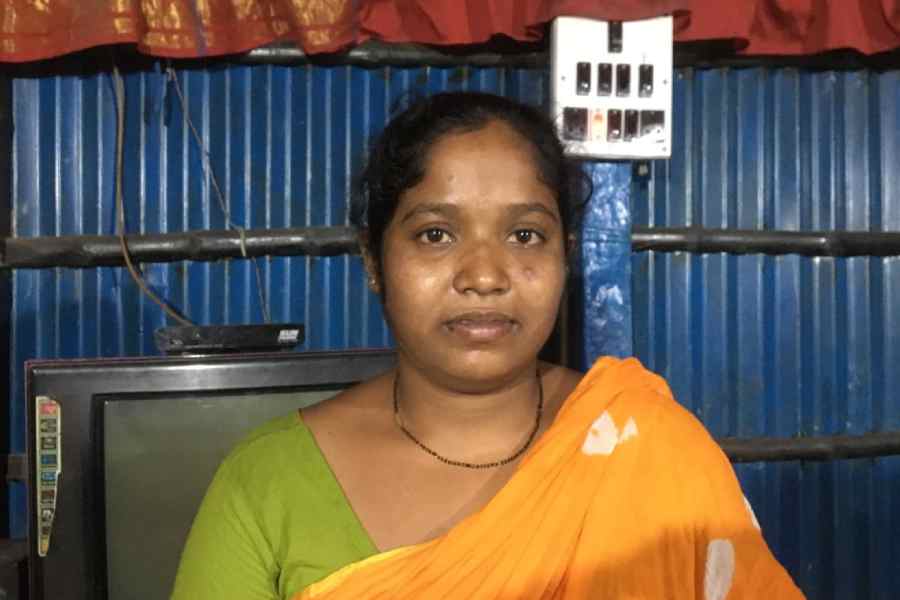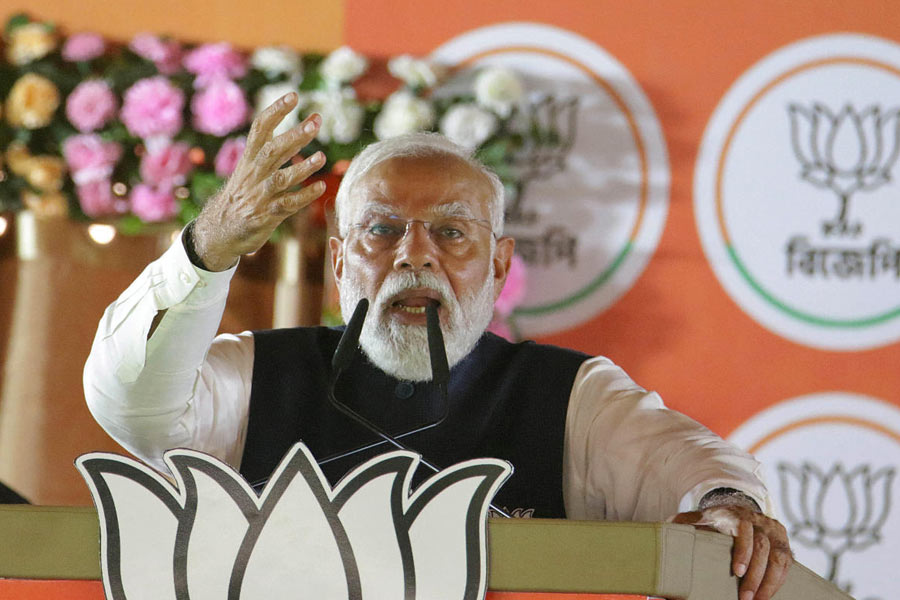The results of the general elections have thrown up a number of new things. The Bharatiya Janata Party made inroads into West Bengal and Odisha; people voted differently for state elections and Lok Sabha polls; the mahagathbandhan failed to check Narendra Modi in Uttar Pradesh; the Congress is facing an existential crisis and so on.
However, one of the most striking outcomes has gone relatively unnoticed. Seventy-six women parliamentarians have been elected; the figure is the highest since the first general election. This time, 715 women candidates contested the elections against a total of around 7,334 male candidates. Some of the results were astonishing. Smriti Irani dethroned the Congress president, Rahul Gandhi, from Amethi, breaching a bastion that had remained loyal to the Gandhis for years. Irani’s triumph is being heralded as the dawn of a different kind of politics, one that features women. Some of the other women contestants from the BJP who tasted electoral success include Maneka Gandhi (Sultanpur), Meenakshi Lekhi (New Delhi), Poonam Mahajan (Mumbai North-Central) and Pragya Singh Thakur (Bhopal). Locket Chatterjee and Debasree Chaudhuri would be looking forward to make a difference in Bengal. Sonia Gandhi (Rae Bareli), Mahua Moitra (Krishnanagar) and Supriya Sule (Baramati) were the notable successes from the Opposition camp.
It is the Biju Janata Dal that seems to have nurtured the idea of women’s representation in elections. The other parties followed suit, with the Trinamul Congress fielding the highest number of women candidates. The share of women candidates in the Congress and the BJP was 12 and 13 per cent, respectively.
Admittedly, women have been in politics since Independence. Some women leaders have occupied the highest offices of the land during the same epoch. Thus, Indira Gandhi was the prime minister while Nandini Satpathy ruled Odisha between 1972 and 1976. India has also had other women chief ministers: J. Jayalalithaa, Mayawati, Sushma Swaraj, Sheila Dikshit, Vasundhara Raje, Mehbooba Mufti and Mamata Banerjee — the only woman chief minister at present — are among them.
However, it must also be conceded that women constitute a mere fraction of electoral candidates for the Lok Sabha. Had it not been for the women from political dynasties, then the number of women politicians in Parliament would have declined further.
When compared to the South Asian nations, India ranks fifth in women’s political representation, trailing countries like Afghanistan, Bangladesh, Pakistan and Nepal. The political emancipation of women suffers on account of their under-representation in decision-making bodies.
The National Crime Records Bureau has painted a rather grim picture of crime against women in India. Atrocities against women — foeticide and domestic violence, to cite only two examples — remain unchecked. Women’s representation in politics acquires immense significance in the light of these maladies. Women must play instrumental roles in the legislature, executive and the judiciary. They should be given berths in the cabinet and at other ministerial levels so that they can fight for gender equality and initiate social reforms. If these women hail from such marginalized segments as Dalits, tribal people, Muslims and those with disabilities, the cause of women’s empowerment would be served more effectively.

